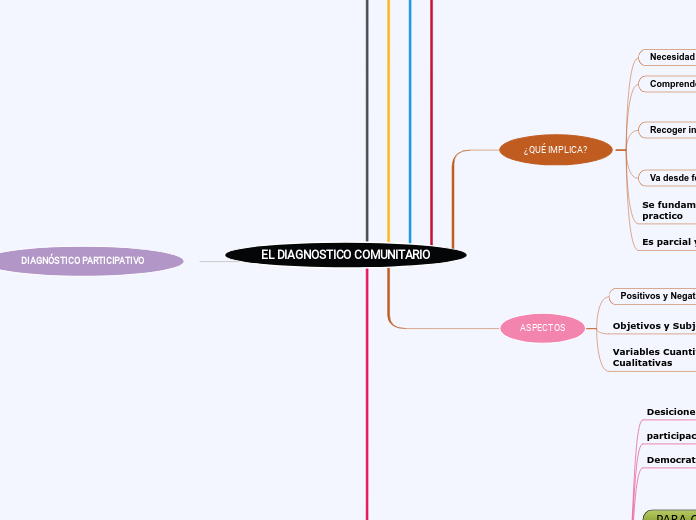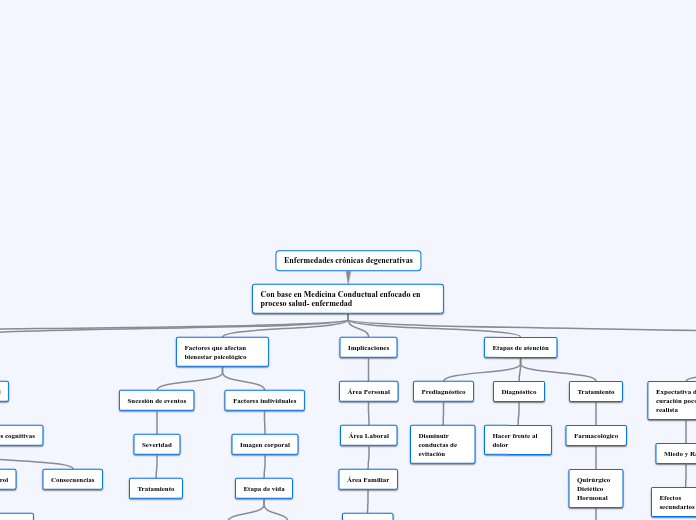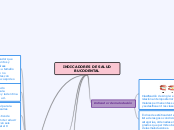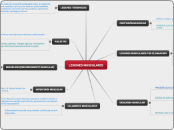RAMAS DE LA MEDICINA
In linguistics, syntax is the set of rules, principles, and processes that govern the structure of sentences in a given language, usually including word order.
RADIOLOGÍA
A compound sentence is a sentence that has at least two independent clauses joined by a comma, semicolon or conjunction. An independent clause is a clause that has a subject and verb and forms a complete thought.
Es la especialidad médica, que se ocupa de generar imágenes del interior del cuerpo mediante diferentes agentes físicos (rayos X, ultrasonidos, campos magnéticos, entre otros) y de utilizar estas imágenes para el diagnóstico y, en menor medida, para el pronóstico y el tratamiento de las enfermedades.
When independent clauses are joined with coordinators (also called coordinating conjunctions), commas and semicolons, they do more than just join the clauses. They add meaning and flow to your writing.
NEUMOLOGÍA O NEUMONOLOGÍA
A complex sentence is a sentence that contains an independent clause and one or more dependent clauses.
An independent clause can stand alone as a sentence, but a dependent clause even though it has a subject and a verb cannot stand alone.
Es la especialidad médica encargada del estudio de las enfermedades del aparato respiratorio y centra su campo de actuación en el diagnóstico, tratamiento y prevención de las enfermedades del pulmón, la pleura y el mediastino.
Attributive clauses serve as an attribute to a noun (pronoun) in the main clause. This noun or pronoun is called the antecedent of the clause.
CARDIOLOGÍA
La cardiología es la rama de la medicina que se encarga del estudio, diagnóstico y tratamiento de las enfermedades del corazón y del sistema circulatorio. Es médica, pero no quirúrgica; los especialistas en el abordaje quirúrgico del corazón son el cirujano cardiaco o el cirujano cardiovascular.
See the example below and try to create your own simple sentences.
Tim is driving the red car.
Belén Ortiz_2do BGU"B"
ONCOLOGÍA
Rama de la medicina especializada en el diagnóstico y tratamiento del cáncer. Incluye la oncología médica (uso de quimioterapia, terapia con hormonas y otros medicamentos para tratar el cáncer), la radioncología (uso de radioterapia para tratar el cáncer) y la oncología quirúrgica (uso de cirugía y otros procedimientos para tratar el cáncer).
An adverbial is an individual word (that is, an adverb), a phrase, or a clause that can modify a verb, an adjective, or a complete sentence.









